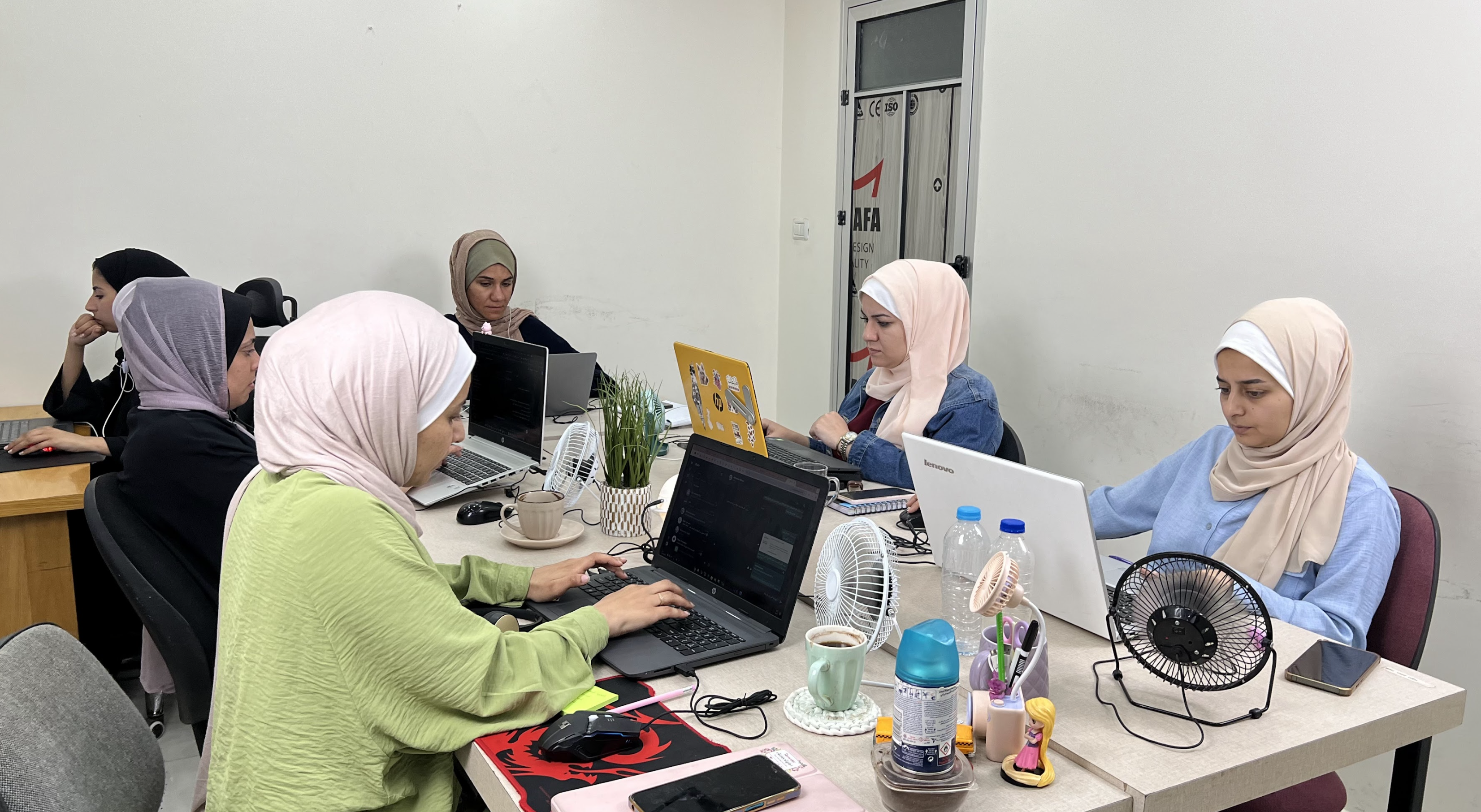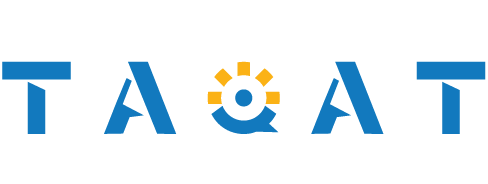
Gaza Works for the World: How Gazan Minds Challenge the Blockade and Reach the Global Market
- Home
- POST DETAIL


23 July 2025
Gaza Works for the World: Resilient, Resourceful, Relentless
When you hear “Gaza,” images of siege, hunger, and war often come to mind—a city cut off from the world, standing on the brink of collapse. Yet, Gaza has begun to tell a different story.
From scarcity to productivity. From siege to global connection.
From survival to delivering digital services.
Today, Gaza exports global-quality services in programming, design, and digital skills to markets across the Gulf, Europe, and the U.S. Instead of waiting for aid, Gaza’s youth have taken their modest laptops, unreliable internet, and intermittent electricity—and launched into the world of remote work.
This article takes you on a journey through real stories—stories of Gaza’s unbreakable spirit, defying all odds.
Challenges Gaza’s Youth Face
In Gaza, unemployment isn’t just a statistic—it’s real life for over 80% of young people. Daily life is punctuated by electricity cuts, economic collapse, travel restrictions, unstable internet, and limited payment options. In such an environment, even ideas struggle to emerge—let alone thrive.
Remote Work: A Path to Freedom
These dire conditions catalyzed a powerful shift. Freelancing isn’t just an income source; it’s a lifeline and a career path. Thousands of young Palestinians—women and men—have ventured onto platforms like Upwork, Fiverr, and Khamsat, offering services in design, programming, marketing, translation, and more.
Today, it's common to find a Gazan freelancer managing projects for clients in the UAE or Saudi Arabia—working from a modest desk at Taqat with a simple device and a global mindset.
Success Stories from Gaza
Aya (UI Designer)
Started as a trainee at Taqat, she built a portfolio in just four months and secured her first freelance app‑design project for a Saudi client. That success paved the way for many more commissions—right from Gaza.
Mohammad (Developer)
Built a platform in Kuwait to unify case management and legal services—all from Gaza, and now gaining traction abroad.
Reem (Architectural Designer)
Worked on prestigious architectural designs, including a villa in Abu Dhabi—executed and completed from her desk in Gaza.
Tariq & Wissam (Co‑Founders)
Developed a Saudi-based freelancing platform while still in Gaza—bringing remote work to new users.
The Role of Taqat’s Incubator
Taqat emerged to meet the rising need for a dedicated ecosystem:
-
Tailored training in top‑demand digital skills.
-
First Job program: helping freelancers build their digital identity.
-
Office spaces equipped with stable internet and power.
-
Business support: community, mentorship, and legal assistance for freelancing from Gaza.
Gaza’s Freelancers on the Global Stage
International clients in the Gulf and Europe consistently praise Gaza’s freelancers.
According to platform data, over 70% of contracts from Gaza receive a rating above 4.7/5.
A Saudi executive once said:
“When we work with someone from Gaza, we trust they’re committed and value the opportunity.”
Building a Brighter Future
To solidify Gaza’s role as a digital talent hub, we need to:
-
Increase support for technical and vocational programs.
-
Invest in alternative energy solutions for uninterrupted work.
-
Scale initiatives like “Gaza Works for the World” by Taqat.
Gaza doesn’t ask for sympathy; it seeks recognition—recognition for resilience and skill.
In the digital age, success isn't determined by geography—it’s shaped by talent, tenacity, and ecosystems that connect startups to global markets.
Taqat is more than a coworking space—it’s Gaza’s gateway to the world.
Support Gaza’s entrepreneurs—hire a freelancer today, partner with Taqat, or back digital initiatives that empower youth in crisis-affected regions. For more details, visit taqat-gaza.com
